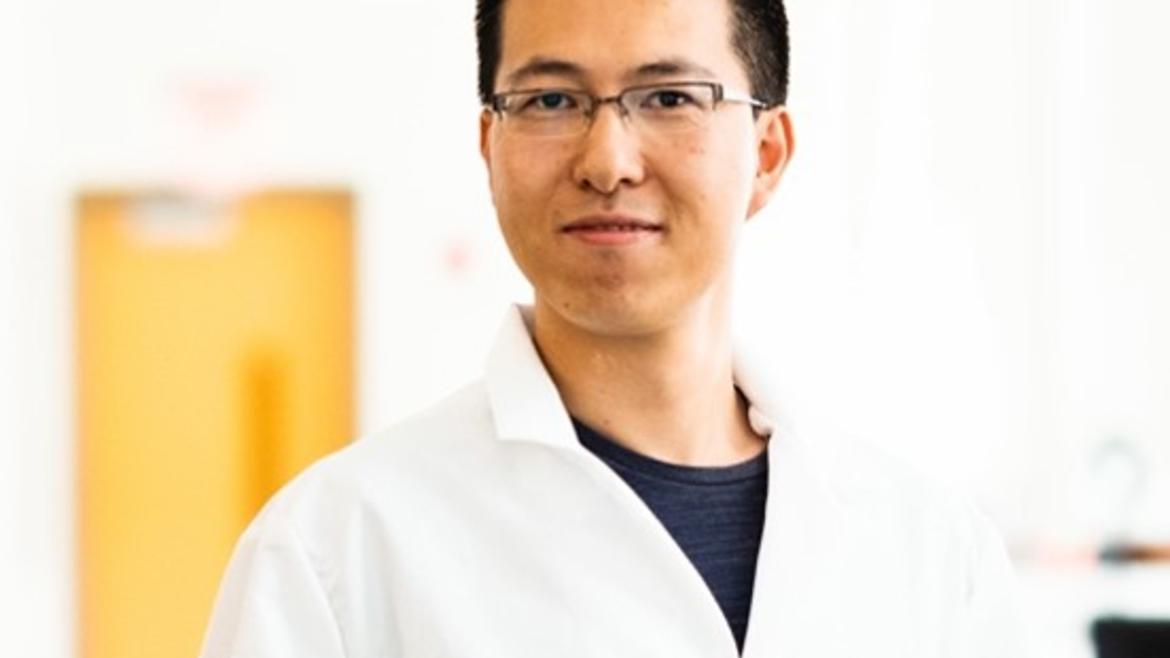BCH 252 Seminar Dr. Linlin Zhao, UC Riverside

The Department of Biochemistry's weekly BCH 252 seminar series is presented this week by
Dr. Linlin Zhao, Assistant Professor, Department of Chemistry, UC Riverside
Seminar Title: "Mitochondrial Transcription Factor A-Mediated DNA Cleavage: Mechanistic Insights and Functional Implications"
Bio: Dr. Zhao earned his B.S. in Chemistry from Jilin University in 2005 and Ph.D. in Bioanalytical Chemistry from the University of Connecticut in 2010. He was a postdoctoral fellow from 2010-2013 in the Department of Biochemistry at Vanderbilt University School of Medicine. Dr. Zhao is interested in understanding the chemical and molecular basis of human genomic maintenance, focusing on DNA replication and repair. His work on several human DNA damage bypass polymerases has enabled the understanding of the roles of these enzymes in the context of chemical carcinogenesis. Currently, his lab seeks to understand the mechanism of mitochondrial DNA degradation pathways and their crosstalk with DNA repair. He aims to apply the new knowledge from his research to understand mitochondrial disease pathology and inform the development of novel therapeutics for mitochondrial diseases.
Abstract: In higher eukaryotic cells, mitochondria are essential subcellular organelles for energy production, cell signaling, and the biosynthesis of biomolecules. The mitochondrial DNA (mtDNA) genome is indispensable for mitochondrial function because it encodes protein subunits of the oxidative phosphorylation system and a full set of transfer and ribosomal RNAs. Mitochondrial transcription factor A (TFAM) is a major mtDNA packaging protein and a transcription factor. TFAM plays a critical role in mtDNA replication and transcription. Also, our recent research suggests a novel function of TFAM in regulating mtDNA degradation at abasic (AP) sites. AP sites are among the most abundant endogenous DNA lesions, sourced from base excision repair and spontaneous base loss. We demonstrate that the stability of AP sites is reduced dramatically upon binding to TFAM. The half-life of AP lesions within TFAM-DNA complexes is 2- to 3 orders of magnitude shorter than that in free DNA, depending on their position. The TFAM-catalyzed AP-DNA destabilization occurs with non-specific DNA and mitochondrial light-strand promoter sequence, yielding DNA single-strand breaks and DNA-TFAM cross-links. TFAM-DNA cross-links are also observed with mitochondrial extracts of human cells and in living human cells. In situ trapping of the reaction intermediates (DNA-TFAM cross-links) revealed that the reaction proceeds via Schiff base chemistry facilitated by lysine residues. Mass spectrometry analysis identified several key lysine residues in the cross-linking reaction. Collectively, our data suggest a novel role of TFAM in promoting the turnover of abasic DNA.
Dr. Li Fan, li.fan@ucr.edu